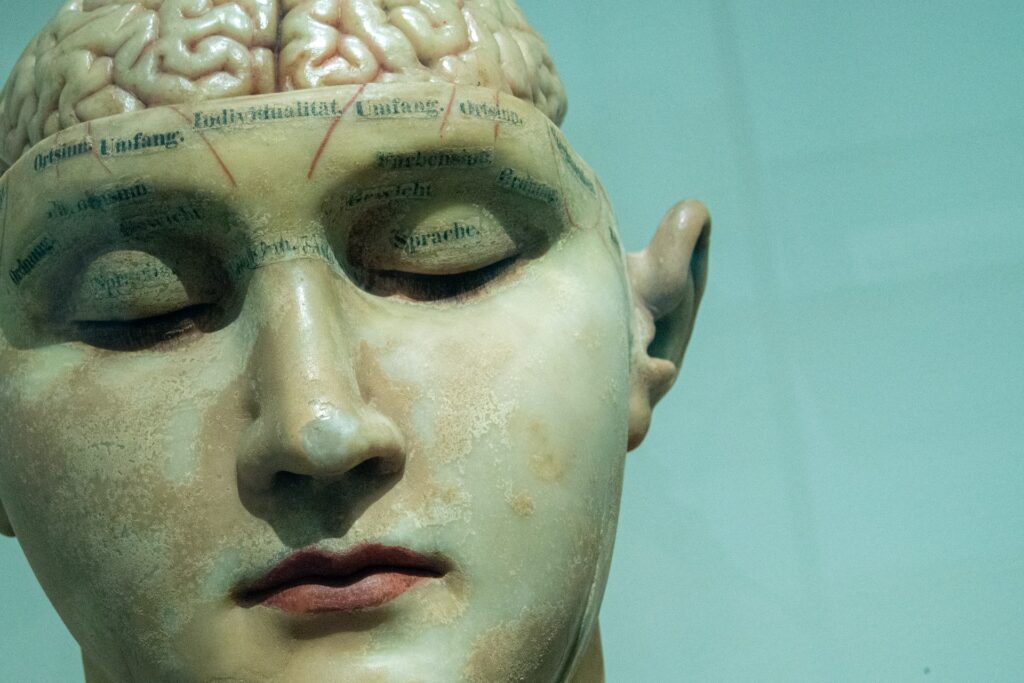### Investigating Neuroprotective Properties of Hormones in Alzheimer’s Disease
Alzheimer’s disease is a serious condition that affects the brain, causing memory loss and cognitive decline. Women are more likely to develop Alzheimer’s than men, and this increased risk is linked to the hormonal changes that occur during menopause. In this article, we will explore how different hormones, particularly estrogen, affect the brain and whether they can offer protection against Alzheimer’s disease.
### The Role of Estrogen in Brain Health
Estrogen is a hormone produced by the ovaries in women. It plays a crucial role in reproductive health but also has significant effects on the brain. Research has shown that estrogen helps protect the brain by reducing damage to nerve cells and supporting overall brain health. Estrogen receptors are found in areas of the brain involved in reproductive functions, learning, memory, and higher-order cognitive abilities like planning and decision-making.
When women enter menopause, their estrogen levels drop significantly. This decrease in estrogen is thought to contribute to more cases of Alzheimer’s disease in women than in men. The loss of estrogen’s “neuroprotective” effects may lead to increased brain damage and cognitive decline.
### Menopause Hormone Therapy and Alzheimer’s Risk
Menopause hormone therapy (MHT), also known as hormone replacement therapy (HRT), involves taking estrogen and sometimes progesterone to alleviate menopausal symptoms. The question is whether MHT can reduce the risk of Alzheimer’s disease.
Some studies suggest that starting MHT early in menopause, within a few years of the final menstrual period, may decrease the risk of later-life Alzheimer’s disease. This is known as the “critical window hypothesis,” where the brain is more responsive to hormones during this period. The greatest reduction in risk is associated with estrogen-only therapy, which suggests that adding progesterone might counteract some of the cognitive benefits of estrogen alone.
However, other studies have found mixed results. For example, a landmark study showed that hormone therapy use in post-menopausal women aged 65 and older was associated with an increased risk for dementia. This increase in risk might be due to the type of estrogen and progesterone used, which may have less benefit on brain health.
### Factors Influencing Dementia Risk
The impact of MHT on dementia risk is influenced by several factors:
1. **When Therapy Starts:** The critical window hypothesis suggests that estrogen may help protect neurons in the brain only if started early in the menopause transition.
2. **Type of Hormones Used:** Different types of estrogens (like estradiol or conjugated estrogen) and the inclusion of a progestogen can have different impacts on brain health and dementia risk.
3. **Vasomotor Symptoms:** Experiencing more vasomotor symptoms like hot flushes and night sweats has been linked to poorer memory and increased biological markers associated with dementia risk. MHT may reduce these symptoms, thereby moderating Alzheimer’s disease risk.
4. **Genetic and Health Background:** Women with a genetic risk factor for Alzheimer’s disease, such as carrying one or more copies of the APOE e4 gene, may show the greatest benefit from using hormone therapy.
### Conclusion
The relationship between menopause hormone therapy and Alzheimer’s disease risk is complex and influenced by several factors. While some studies suggest that early initiation of estrogen-only therapy may reduce the risk of later-life Alzheimer’s disease, others indicate that late-life initiation or the use of estrogen-progestogen therapy could increase this risk.
Further research is needed to fully understand how different hormones affect brain health and to develop effective strategies for preventing or managing Alzheimer’s disease. For now, it is clear that estrogen plays a significant role in protecting the brain, and its loss during menopause is a critical factor in the increased risk of Alzheimer’s disease in women.



